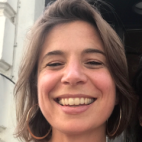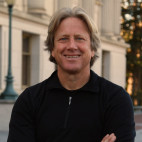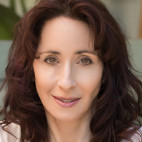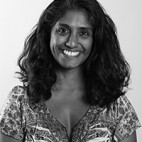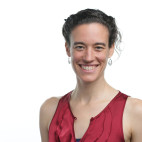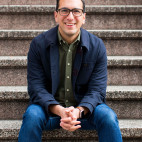-
8:30 - 9:00am
Welcoming remarks/grounding with Dacher Keltner and Eve Ekman
-
9:00 - 9:30
Dacher Keltner speaks on Gratitude and Awe in Healthcare
-
9:30 - 10:15
Breakout Session: Dacher Keltner will provide prompts for small group discussions related to keynote. CE/CME participants will then be divided into interactive breakout groups, with all participants joining for a full group reflection to follow.
-
10:15 - 10:30
Mid-morning Break
-
10:30 - 11:00
Keynote by Jyothi Marbin on Diversity, Equity, and Inclusion in Healthcare
-
11:00 - 11:45
Breakout Session: Jyothi Marbin will provide prompts for small group discussions related to keynote. CE/CME participants will then be divided into interactive breakout groups, with all participants joining for a full group reflection to follow.
-
11:45 - 12:30pm
Break
-
12:30 - 1:00
Keynote by Jamil Zaki on the Neuroscience of Empathy in Medicine
-
1:00 - 1:45
Breakout Session: Jamil Zaki will provide prompts for small group discussions related to keynote. CE/CME participants will then be divided into interactive breakout groups, with all participants joining for a full group reflection to follow.
-
1:45 - 2:30pm
Brown Bag Lunch “Happiness Hour” - Join Eve Ekman and Dacher Keltner for pro-social connection in small breakout groups (CE/CME participants only).
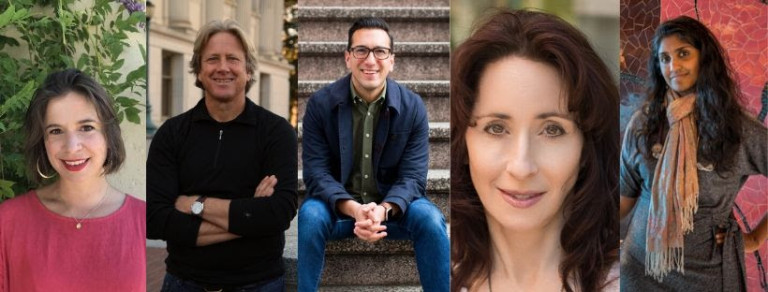
- Date: May 2-3, 2020
-
Price: Free (donation appreciated), or $149 for 13.25 CE/CME credit hours
-
The Greater Good Online Institute for Health Professionals is now approved for 13.25 CE/CME credits. A limited number of spaces are available for credit eligibility.
To register CE/CME credits, please click here, or visit the "Registration Details" tab above for more information.
This two-day online institute will provide health professionals with science-informed strategies to enhance and transform their personal and occupational lives. Over the course of two half-day sessions, you’ll come away with concrete, research-based tools you can implement—individually or in teams—to help you build your own resilience and better support and connect with your patients, clients, and colleagues.
The institute will be led by faculty from UC Berkeley’s Greater Good Science Center, pioneers in the scientific study of resilience, empathy, and connection—the science of a meaningful life. Joined by leaders from the health care field, they will cover cutting-edge research—particularly from psychology, medicine, and neuroscience—and explore how it can be applied in various health care settings.
The free, online format includes scientifically informed lectures on key topics, and guided meditation and reflection. Participants registered for CE/CME credits will also experience small group breakout sessions to engage with these topics.
More specifically, participants in our free session will:
- View all presentations and Q&A from leading experts on the cutting edge science of burnout causes, prevention and triage, compassion, stress, empathy, gratitude, and emotion awareness. Talks will be available live, and a recording will be shared following the event.
- Participate in individual guided practices for development of mindfulness and compassion, tailored by experienced facilitators for busy healthcare settings.
- Receive prompts to explore science-based practices with groups, to foster positive emotions such as gratitude and social connection.
In addition, participants who are registered for CE/CME credits will also have access to:
- Interactive breakout sessions with colleagues to apply science-based practices for everyday life
- Ability to actively participate in Q&A sessions
- Pro-social connection time with colleagues and speakers
This online event will take place live and recordings will be available to all attendees following the event. An underlying goal is to inspire participants to become ambassadors of meaning, purpose, compassion, and positive connection at work. This event is appropriate for those with no prior personal experience in these skills as well as for those looking to deepen their understanding and range of science-based activities for themselves and to share with patients, colleagues and trainees.
Health care professionals have always been a vital part of the Greater Good Science Center community. At this crucial time, we wish to support them by offering this program free of charge. If you would like to support this program and the GGSC's many free and low-cost offerings, please consider making a donation at ggsc.berkeley.edu/donate
